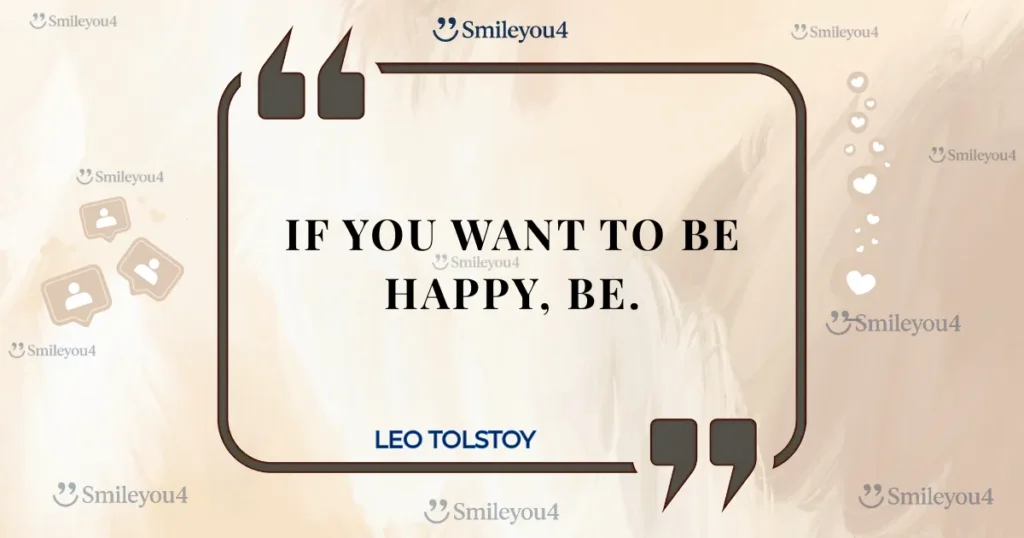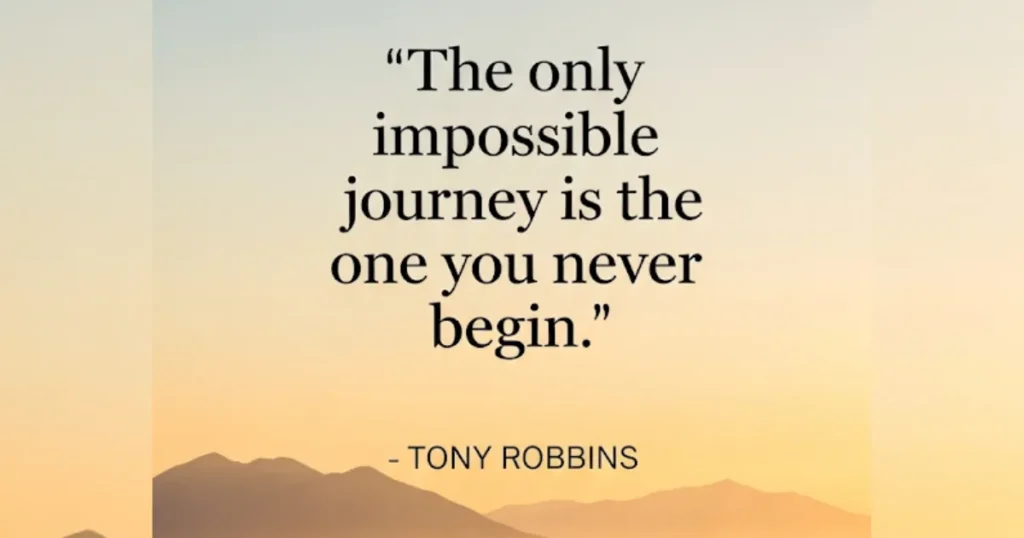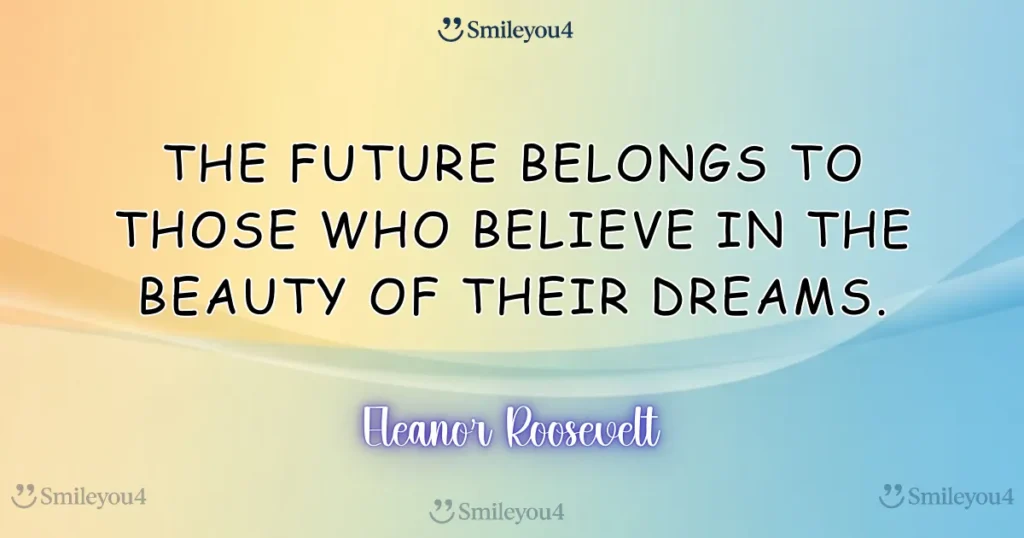Have you ever caught yourself waiting for happiness to arrive? Maybe you think, “I’ll be happy when I get that promotion,” or “I’ll be joyful once I find the right relationship.” But what if the secret to lasting happiness has been hiding in plain sight for over a century? Leo Tolstoy understood this profound truth when he wrote, “If you want to be happy, be.” This if you want to be happy be Leo Tolstoy wisdom isn’t just beautiful literature—it’s a revolutionary approach to taking control of your emotional well-being.

You hold more power over your happiness than you realize. Every moment offers you a choice: will you wait for external circumstances to change, or will you choose joy right where you are? Today, we’ll explore how this simple yet transformative philosophy can become your daily reality and discover why Leo Tolstoy remains one of history’s most insightful voices on human fulfillment.
The Literary Giant Who Understood Life’s Greatest Secret
Leo Tolstoy: A Master of Human Nature
When Leo Tolstoy declared if you want to be happy be, he spoke from deep understanding of both human struggle and triumph. As the author of literary masterpieces like “War and Peace” and “Anna Karenina,” Tolstoy spent his life exploring what drives human behavior and satisfaction.
His personal journey took him from aristocratic privilege through spiritual crisis to profound wisdom about contentment. Through decades of writing, soul-searching, and observing human nature, Tolstoy discovered that happiness isn’t found in external achievements or possessions—it’s discovered through conscious choice.
This Leo Tolstoy if you want to be happy be philosophy emerged from someone who experienced both material success and deep spiritual searching. His insight teaches us that joy is always available to those who choose to embrace it, regardless of their circumstances.
Breaking Down the Quote’s Revolutionary Message
“If you want to be happy, be.” These six simple words contain the power to transform your entire approach to life:
- “If you want” acknowledges that happiness is a choice, not an accident
- “To be happy” positions joy as an achievable state, not a distant dream
- “Be” suggests that happiness is about being present, not becoming something different
This if you want to be happy be principle works because it eliminates the gap between desire and fulfillment. Instead of waiting for perfect conditions, you begin creating joy through your daily choices and perspective shifts.
The Science Behind Choosing Happiness
How Your Brain Responds to Intentional Joy
Modern neuroscience confirms what Leo Tolstoy intuitively understood about chosen happiness. Research shows that when you deliberately focus on positive emotions and experiences, your brain undergoes remarkable changes:
Neurological benefits:
- Increased production of serotonin and dopamine, your natural happiness chemicals
- Strengthened neural pathways associated with optimism and gratitude
- Enhanced prefrontal cortex activity, improving emotional regulation
- Reduced amygdala reactivity, decreasing stress and anxiety responses
Psychological advantages:
- Greater resilience during challenging times
- Improved relationships through positive energy
- Enhanced creativity and problem-solving abilities
- Increased motivation for meaningful activities
This scientific backing proves that the if you want to be happy be Leo Tolstoy approach isn’t just philosophical wisdom—it’s a practical strategy supported by decades of happiness research.
The Power of Present-Moment Awareness
Studies reveal that people spend 47% of their time thinking about something other than what they’re currently doing—and this mental wandering often leads to unhappiness. The Leo Tolstoy wisdom to simply “be” happy aligns perfectly with mindfulness research showing that present-moment awareness significantly increases life satisfaction.
When you choose to be happy now, you:
- Stop postponing joy until “someday” arrives
- Appreciate what’s already good in your current situation
- Build positive emotional habits that compound over time
- Reduce anxiety about the future and regret about the past
Real-Life Champions of Choosing Happiness
Maya Angelou: Finding Joy Through Conscious Choice
Maya Angelou embodied the if you want to be happy be philosophy throughout her extraordinary life. Despite facing childhood trauma, racism, and personal struggles, she consistently chose to focus on hope, gratitude, and human connection.
Her happiness-creating strategies included:
- Choosing to see beauty in everyday moments, from morning coffee to children’s laughter
- Practicing gratitude for small blessings rather than dwelling on hardships
- Using her voice to inspire others, creating joy through service
- Embracing learning and growth as sources of ongoing satisfaction
Angelou proved that Leo Tolstoy if you want to be happy be works regardless of your starting circumstances. She demonstrated that happiness is an inside job that begins with decision, not luck.
Viktor Frankl: Choosing Joy in Unimaginable Circumstances
Holocaust survivor Viktor Frankl’s experience perfectly illustrates the power of chosen happiness. Even in concentration camps, he discovered that while his captors could control his external circumstances, they couldn’t control his internal response.
His approach showed:
- Finding meaning and purpose even in suffering creates moments of peace
- Choosing to help fellow prisoners generated personal satisfaction
- Focusing on future possibilities rather than present horrors maintained hope
- Using his psychological training to serve others provided fulfillment
Frankl’s story proves that the if you want to be happy be Leo Tolstoy principle works even in humanity’s darkest moments. When you choose your response to circumstances, you reclaim power over your emotional state.
Oprah Winfrey: Transforming Struggle into Strength
Oprah’s journey from poverty and trauma to becoming one of the world’s most influential media personalities demonstrates how Leo Tolstoy wisdom applies to personal transformation. Instead of waiting for better circumstances, she chose to create happiness through her daily actions and mindset.
Her happiness-building practices include:
- Starting each day with gratitude journaling to shift focus toward abundance
- Using her platform to celebrate others’ successes and spread positivity
- Finding joy in learning and sharing knowledge with her audience
- Choosing forgiveness over bitterness to free herself from past pain
Oprah shows that when you if you want to be happy be, you don’t just transform your own life—you inspire others to do the same.
Practical Ways to Choose Happiness Daily
Start Your Morning with Intentional Joy
Transform your mornings by applying the if you want to be happy be Leo Tolstoy philosophy from the moment you wake up:
Morning happiness rituals:
- Before checking your phone, choose three things you appreciate about your life
- Set an intention to notice moments of beauty throughout your day
- Smile at yourself in the mirror and remind yourself that happiness is your choice
- Listen to music that lifts your spirit while getting ready
Mindset preparation:
- Replace morning complaints with positive observations
- Choose gratitude over worry when planning your day
- Focus on what you can control rather than what frustrates you
- Remember that every moment offers a fresh opportunity to choose joy
Transform Daily Interactions with Chosen Positivity
Your relationships become sources of happiness when you remember that Leo Tolstoy if you want to be happy be includes how you show up for others:
With family:
- Choose appreciation over criticism when noticing their quirks
- Express genuine interest in their daily experiences
- Create positive traditions like sharing daily highlights over dinner
- Practice patience and understanding during stressful moments
With friends:
- Be the friend who brings energy and encouragement to gatherings
- Listen actively instead of waiting for your turn to speak
- Celebrate their successes with genuine enthusiasm
- Offer support during difficult times without trying to fix everything
With colleagues:
- Choose collaboration over competition in workplace interactions
- Find genuine reasons to compliment others’ work and efforts
- Bring solutions to problems instead of just highlighting issues
- Practice kindness even when dealing with difficult personalities
Create Your Personal Happiness Toolkit
Develop specific strategies that help you live the if you want to be happy be truth consistently:
Instant mood shifters:
- Keep a playlist of songs that never fail to lift your spirits
- Have photos easily accessible that make you smile every time
- Practice the “5-4-3-2-1” grounding technique: notice 5 things you see, 4 you hear, 3 you touch, 2 you smell, 1 you taste
- Take three deep breaths and remind yourself that this moment is your choice point
Weekly happiness habits:
- Schedule activities that bring you genuine joy, not just what you think you should do
- Spend time in nature to reset your perspective and energy
- Connect with people who support your growth and celebrate your successes
- Engage in creative activities that allow self-expression and flow states
Overcoming Common Obstacles to Chosen Happiness
Moving Beyond “Toxic Positivity”
Some people resist the if you want to be happy be Leo Tolstoy approach because they confuse it with toxic positivity—the idea that you should be happy all the time regardless of circumstances. True happiness choice is different:
Healthy happiness includes:
- Acknowledging difficult emotions without being controlled by them
- Finding meaning and growth opportunities within challenges
- Choosing your response to circumstances rather than denying reality
- Balancing optimism with appropriate action when change is needed
Avoiding toxic positivity:
- Don’t suppress negative emotions—process them while choosing your next step
- Practice self-compassion when you’re struggling instead of forcing fake cheer
- Seek support when needed while maintaining personal responsibility for your joy
- Remember that choosing happiness doesn’t mean pretending everything is perfect
Dealing with External Pressure and Negativity
When you embrace Leo Tolstoy if you want to be happy be, you might face resistance from others who are stuck in negativity patterns:
Handling negative influences:
- Set boundaries with people who consistently drain your energy
- Choose conversations that uplift rather than constantly complain
- Remember that others’ moods don’t have to become your moods
- Be compassionate without absorbing others’ emotional states
Building positive environments:
- Surround yourself with people who also choose happiness when possible
- Create physical spaces that support your joy and well-being
- Consume media and content that inspire rather than discourage
- Practice being the positive influence you want to see in the world
Managing Setbacks and Difficult Days
Even when you understand that if you want to be happy be is possible, you’ll face challenging times. Navigate these periods while maintaining your commitment to chosen joy:
During difficult times:
- Allow yourself to feel sadness or frustration without abandoning your happiness practice
- Look for small


